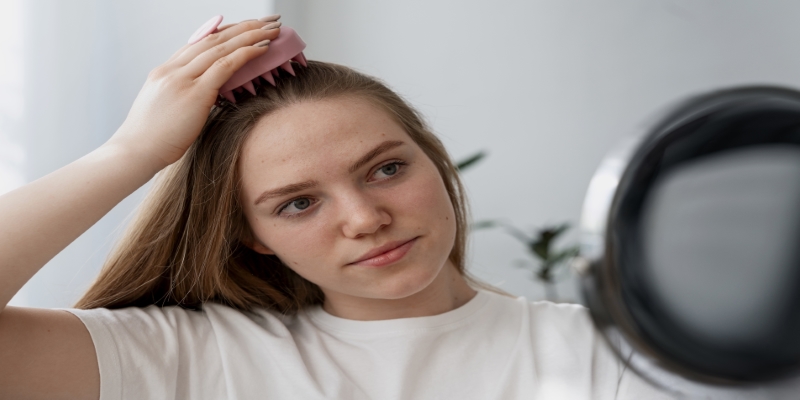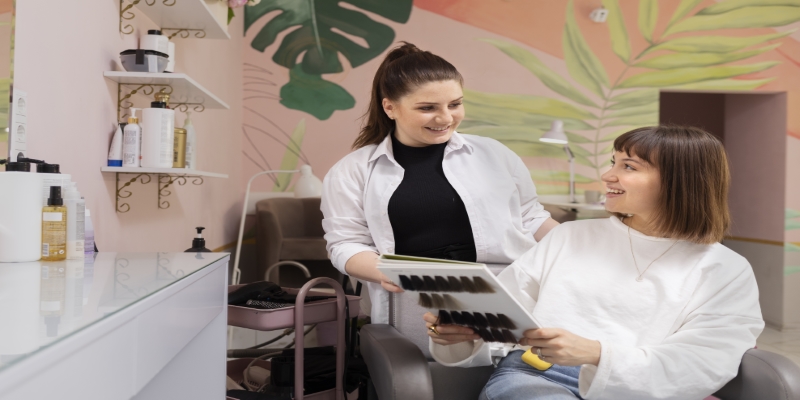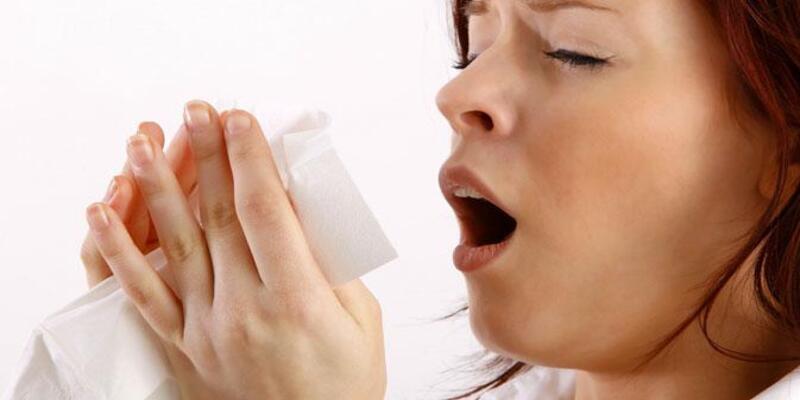Perms and Hair Health: Weighing the Risks Before You Curl
Jul 23, 2024 By Madison Evans
Perms have surged back into popularity, providing the allure of easy curls and waves without the need for daily styling. However, the chemicals involved in perming, such as ammonium thioglycolate and hydrogen peroxide, pose significant risks to hair health.

These chemicals can weaken hair shafts, cause scalp irritation, and lead to hair loss. Understanding these potential hazards is essential before opting for chemically induced curls to ensure you make an informed decision.
Understanding Perms
A perm, short for permanent wave, uses chemicals to alter the hair's structure by breaking and reforming its disulfide bonds, creating curls or waves. This process is effective in achieving the desired look but can be harsh on both the hair and scalp. The chemicals involved can weaken the hair shaft, making it more susceptible to breakage and damage, and may also cause scalp irritation if not applied correctly.
How Perms Can Cause Hair Loss?
Perms can cause hair loss due to a combination of chemical and physical stress on the hair and scalp. Here are the main reasons how perms can lead to hair loss:
Chemical Damage
The primary chemicals used in perms, such as ammonium thioglycolate and hydrogen peroxide, are designed to alter the hair's structure. Although these chemicals are effective, they can also compromise the hair shaft's strength, increasing the likelihood of breakage and hair loss. Over time, repeated exposure to these chemicals can cause cumulative damage, leading to significant hair thinning and loss.
Heat Damage
The perming process often involves heat to set the curls, which can further weaken and damage the hair. Excessive heat can dry out the hair, making it brittle and prone to breaking. It's important to use heat within safe temperature ranges and to avoid overexposure to heat-styling tools post-perm.
Scalp Health

The chemicals used in perms can also affect the scalp. If left on too long or used improperly, they can cause scalp irritation, burns, and even chemical dermatitis, which can lead to hair loss. It's essential to ensure that your scalp is healthy and free from any abrasions before undergoing a perm.
Who Is at Risk?
Certain hair types are more susceptible to damage from perms. If your hair is already damaged, dry, or chemically treated (such as colored or bleached hair), it is at higher risk of suffering from further damage and hair loss when exposed to perming chemicals. Even "virgin" hair (hair that hasn't been chemically treated) can experience damage if the perming process is not handled correctly.
Highlighted and Colored Hair
Highlighted hair is more prone to damage because it has already undergone a bleaching process. Adding perm chemicals can further weaken the hair structure, leading to breakage and hair loss. Colored hair, though less susceptible than highlighted hair, can still suffer damage from the additional chemicals used in perms. It's advisable to wait at least a month after coloring before getting a perm.
Dry and Brittle Hair
If your hair is already dry and brittle, a perm can exacerbate these issues. Perming can strip the hair of its natural oils, leading to further dryness and breakage. Its crucial to assess your hair's current condition before deciding on a perm.
Virgin Hair
Although virgin hair is less likely to suffer severe damage, it is not immune. Even untreated hair can become damaged if the perming solution is left on too long or applied incorrectly.
Preventing Hair Loss from Perms
Perming your hair can be a great way to achieve long-lasting curls and waves, but it can also cause hair damage and loss if not done properly. Here are some tips to help prevent hair loss from perms:
Choose the Right Salon

It is crucial to opt for a reputable salon with experienced stylists. They can assess your hair type and condition and ensure that the perming process is done safely and effectively. Always ask about the products they use and whether they are suitable for your hair type.
Proper Aftercare
Post-perm care is essential to maintain hair health. Use sulfate-free shampoos and conditioners to avoid stripping the hair of its natural oils. Regular deep conditioning treatments can help restore moisture and strength to the hair shaft. Additionally, avoid excessive heat styling and use wide-toothed combs to prevent breakage.
Healthy Hair Practices
Maintaining overall hair health can mitigate the risks associated with perms. Ensure you have a balanced diet rich in vitamins and minerals that support hair growth. Hydrate your hair regularly and avoid harsh styling products that can cause further damage.
Alternatives to Perms
If the risks associated with perms are a concern, several alternatives can give you the desired curls without the potential for hair loss. These include:
Roller Sets
Using rollers on damp hair and allowing it to air dry can create bouncy curls that last several days. This method is less damaging as it doesn't involve chemicals or heat.
Flexi Rods
Flexi rods are bendable rods that can be used on damp hair to create temporary curls of various sizes without heat. This method is gentle on the hair and can produce similar results to a perm.
Bantu Knots
Creating small, twisted sections of hair and allowing them to dry can result in natural, voluminous curls once untwisted. This method avoids the use of chemicals and can be done at home with minimal risk.
Curly Clip-Ins
Clip-in hair extensions can provide the look of curly hair without any chemical processing. They are easy to use and can be styled to match your desired look.
Conclusion
While perms offer an easy way to achieve curly hair, they come with significant risks, including hair loss and scalp damage. Before deciding on a perm, it's crucial to weigh these risks and consider safer alternatives.
By choosing a skilled stylist, following recommended aftercare routines, and maintaining overall hair health through proper hydration and nutrition, you can minimize potential damage. This careful approach allows you to enjoy beautiful, healthy curls while protecting your hair from the harsh effects of chemical treatments.







